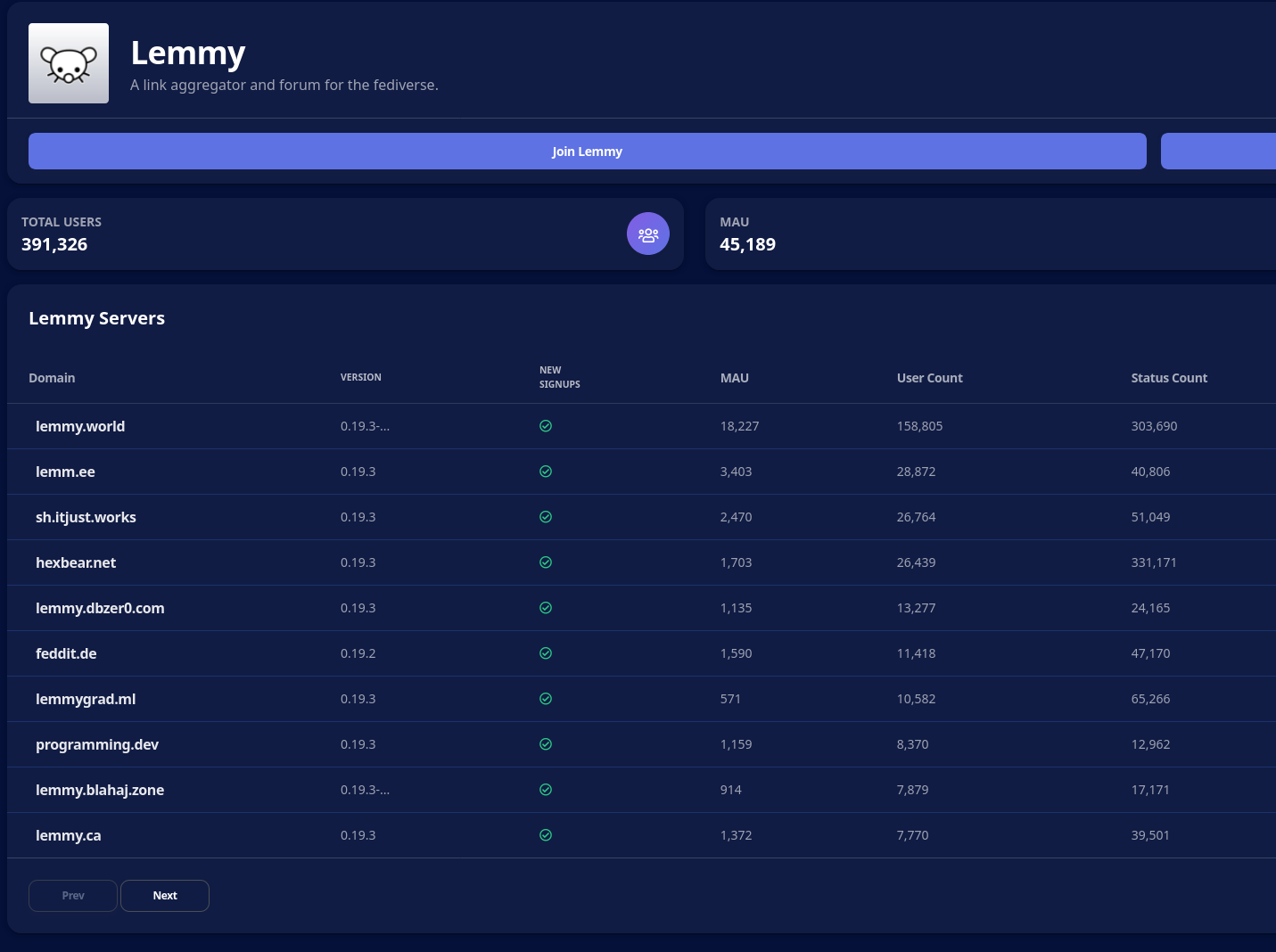

It’s a bit sad, but not that surprising, that if this is true then Microsoft is clearly not tasking their most experienced engineers on the control panel (you know, that part of the OS who’s function is to allow you to tweak all the rest of the OS?).







Thank you both (@NinjaFox@lemmy.blahaj.zone, @ChaoticNeutralCzech@feddit.org) for taking the time to make this post not just more accessible but somewhat more bit-/link-rot-resilient by duplicating the image’s info as a text comment.
We don’t talk about it as much as authoritarian censorship, ip & copyright related takedowns, and their ilk, but image macros/memes often have regrettably small lifetimes as publicly accessible data in my experience. It might be for any number of reasons, including:
or (more probably) a combination of all three and more.
In any case as silly as image memes are, they’re also an important vector for keeping culture and communities alive (at least here on the fediverse). In 5-10 years, this transcription has a much higher chance of still hanging around in some instance’s backups than the image it is transcribing.
P.S.: sure, knowyourmeme is a thing, but they’re still only 1 website and
I’m not sure ifthere’s not much recent fediverse stuff thereyet. The mastodon page last updated in 2017 and conflates the software project with the mastodon.social instance (likely through a poor reading of it’s first source, a The Verge article that’s decent but was written in 2017).P.P.S.: ideally, OP (@cantankerous_cashew@lemmy.world) could add this transcription directly to the post’s alt text, but I don’t know if they use a client that makes that easy for them…